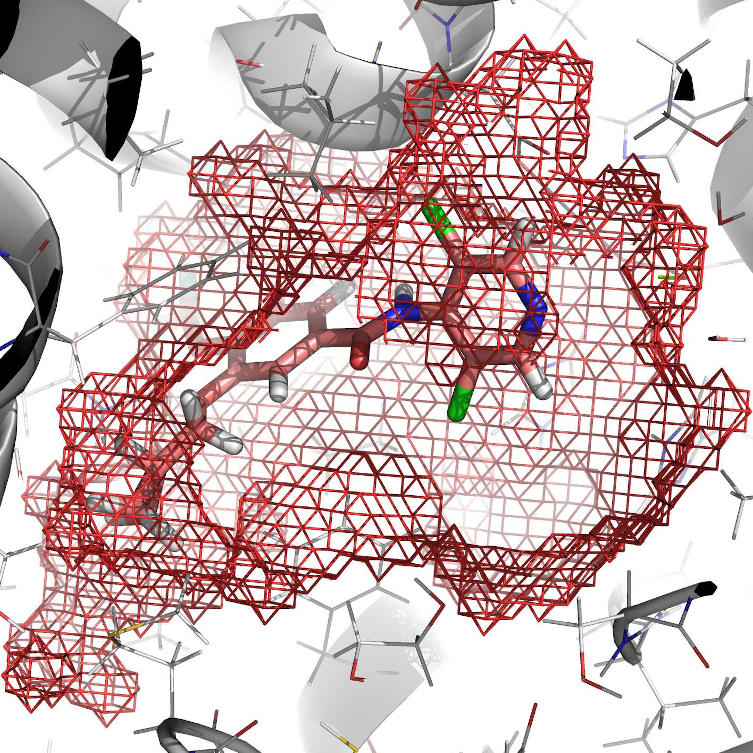Overview
RxDock is a fast and versatile open-source docking program that can be used to dock small molecules against proteins and nucleic acids. It is designed for high-throughput virtual screening (HTVS) campaigns and binding mode prediction studies. RxDock started in 2019 as a fork of rDock (whose development has stalled since 2014) with the goal of updating the code for running on modern computer systems (including supercomputers), enabling cross-platform usage (primarily targeting GNU/Linux and FreeBSD, but also supporting macOS and Windows; other Unix-like operating systems, such as Illumos, are supported on a best-effort basis), improving the command-line and application programming interfaces to enable the development of different extensions that suppport various use cases, and implementing newer and better performing algorithms.
